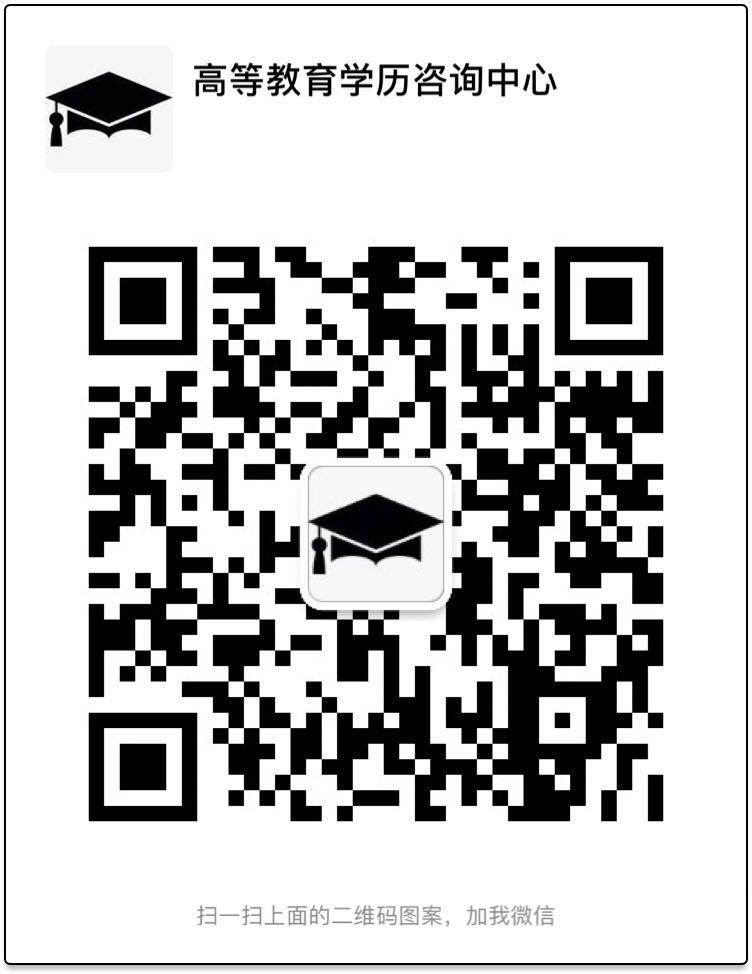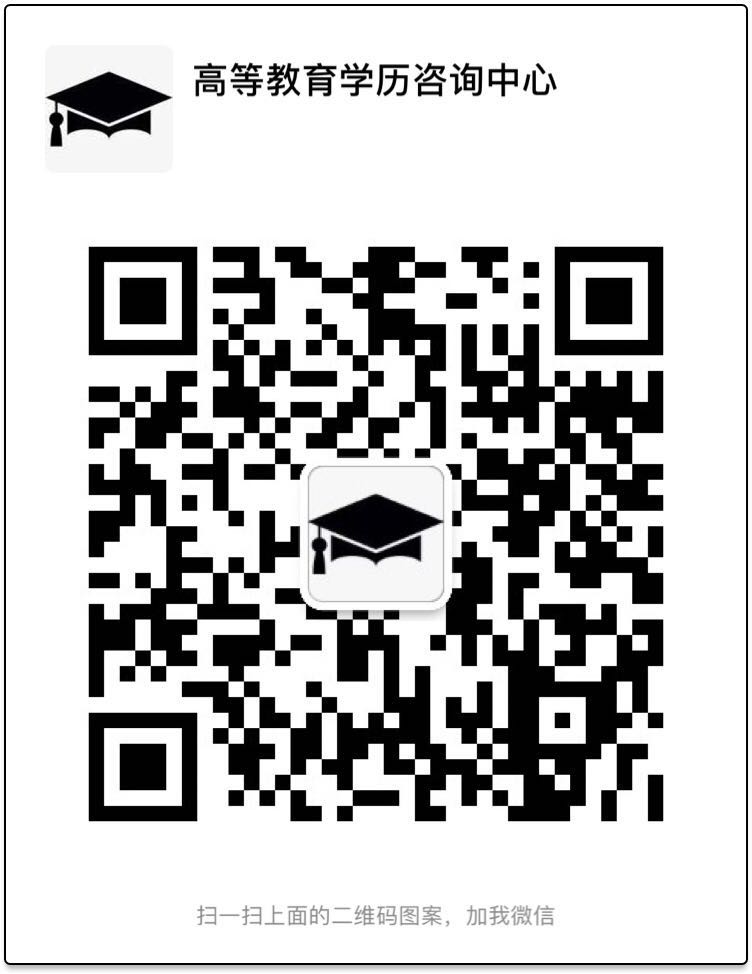自考英语二4500个单词 自考英语二必背1000单词
- 发布时间:2024-09-15 16:21:23
- 来源:
- 阅读:
- 导读:
- IntroductionSelf-study is an effective way to learn English, especially for those who do not have the opportunity or time to attend formal classes. In the pursu
Introduction
Self-study is an effective way to learn English, especially for those who do not have the opportunity or time to attend formal classes. In the pursuit of higher education, many people choose to take the self-taught route, and one of the most popular courses is English Language. In particular, the exam for English Language B at the College Degree and Diploma Level is a highly sought-after qualification for anyone looking to go to college or university. This article will provide insights into the 4500 words that students must learn, as well as the 1000 essential words they should memorize.
The Significance of Self-Study
The significance of studying English through self-study lies in its flexibility and convenience. People who are unable to attend regular classes can benefit from online resources and study materials. It gives you the freedom to learn at your own pace, wherever and whenever you like. By devoting a few hours every day to studying, you can master the English language and further your career.
4500 Words to Learn
The self-taught English Language B course requires students to learn 4500 words. This may seem daunting at first, but it is easily achievable. It is recommended that students use flashcards to memorize vocabulary easily. You can also use quizzes and games to make learning fun. Dedicate at least one hour a day to memorizing vocabulary, and constantly revise them to consolidate your knowledge. By gradually building up your vocabulary, you will see tremendous improvement in your understanding of the English language.
1000 Essential Words
In addition to the 4500 words, there are 1000 essential words that students must also learn. These words are commonly used in daily conversations and academic discourses, and they form the foundation of the English language. Some examples of the 1000 essential words include "analyze," "critique," "enunciate," "procrastinate" and "represent." These words not only help students demonstrate their understanding of the language but it also helps in their academics and expressive communication.
Conclusion
In summary, studying for English Language B requires dedication and perseverance to master the vocabulary. With the flexible schedules provided by self-study courses and the help of many online resources, mastering the language can be achieved with consistent daily practise. Enhancing your knowledge of the language will boost your educational prospects and open doors to new career opportunities. It's a long-term investment that every serious student must consider.


 1040订阅号
1040订阅号 1040服务号
1040服务号